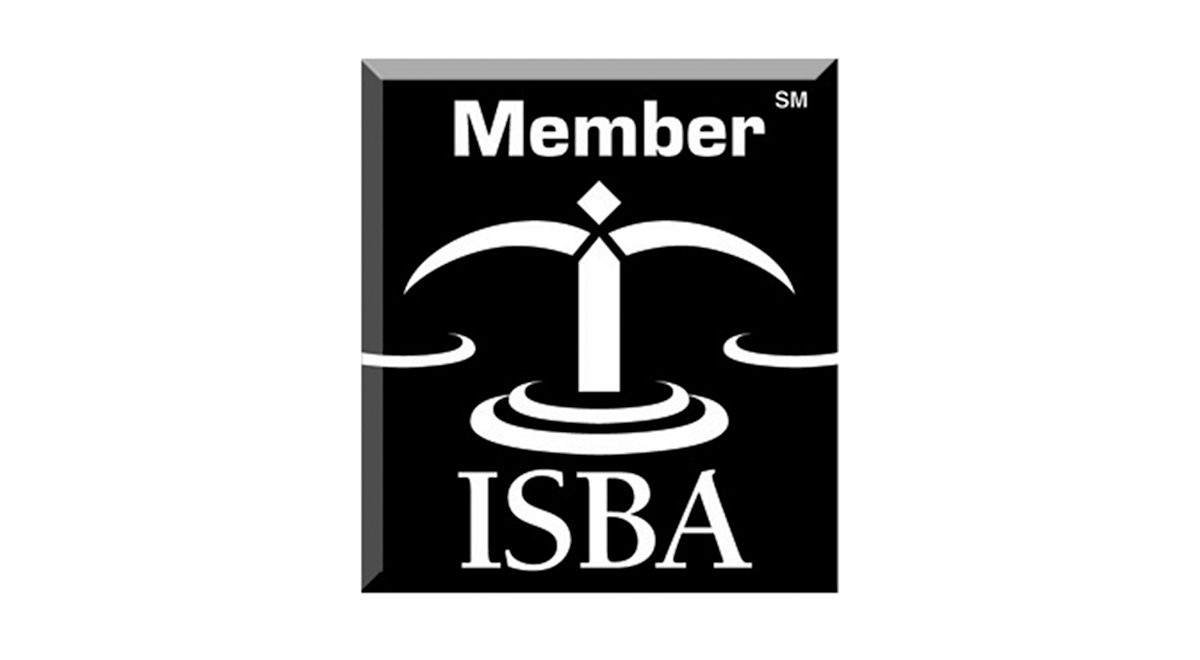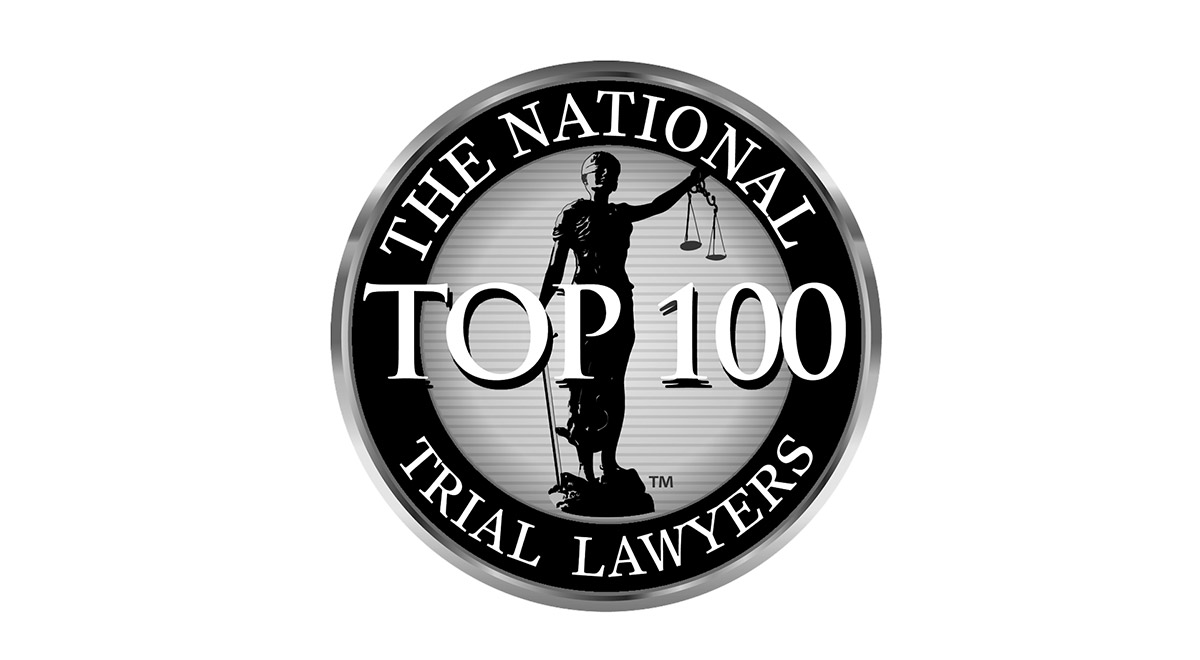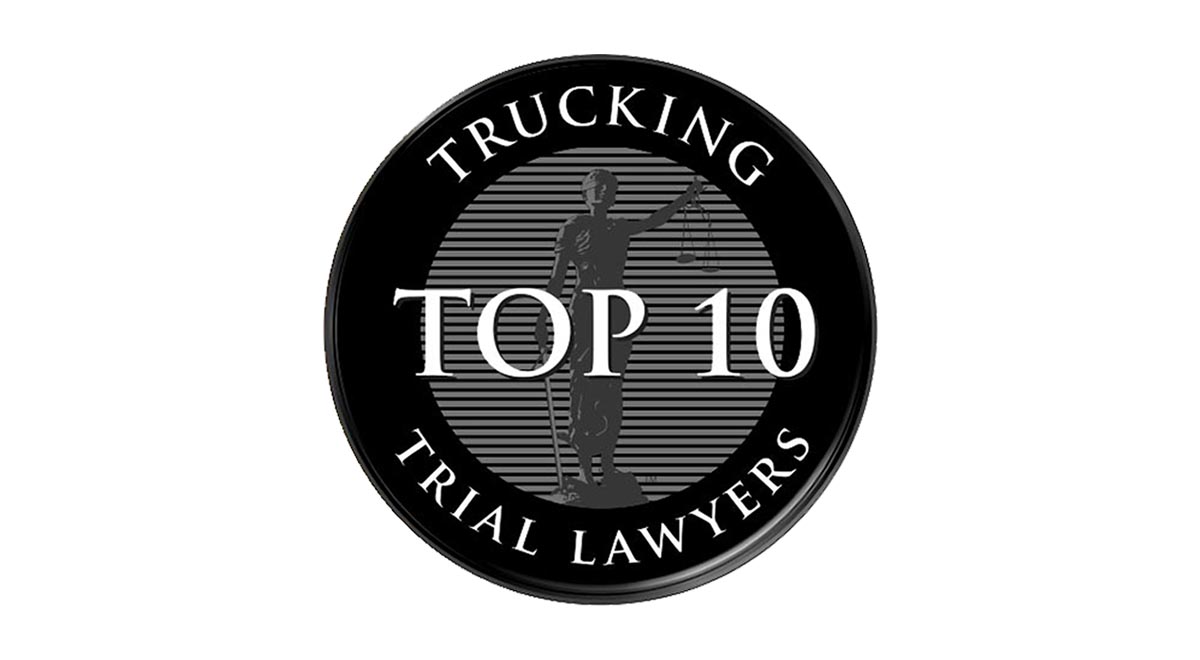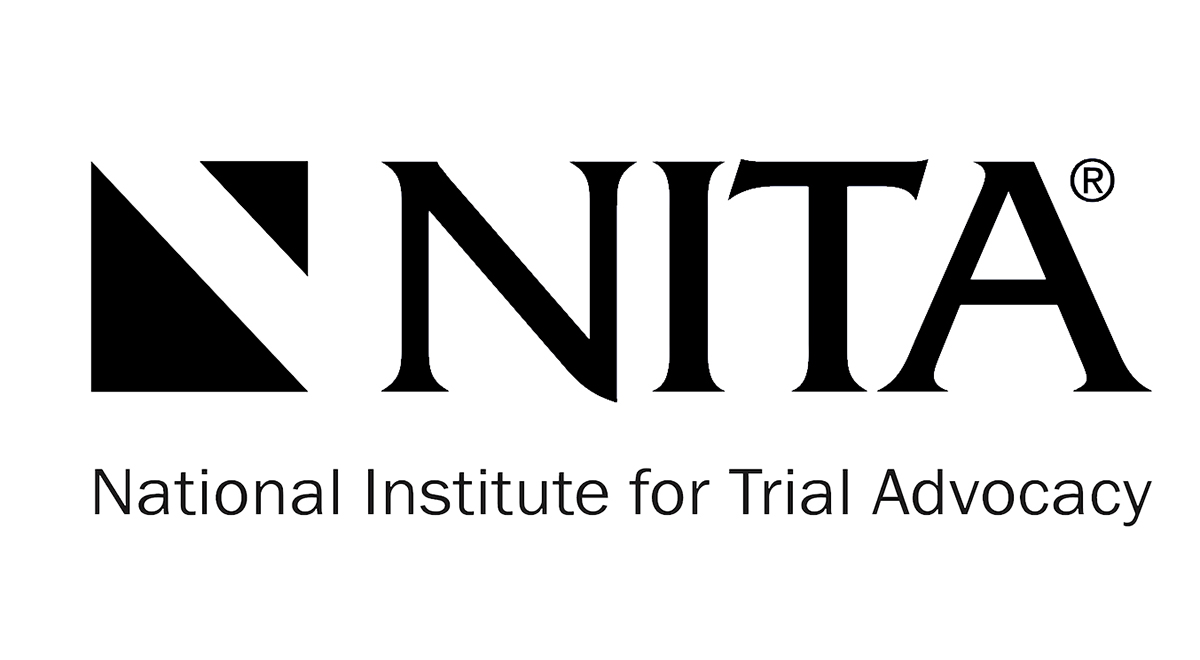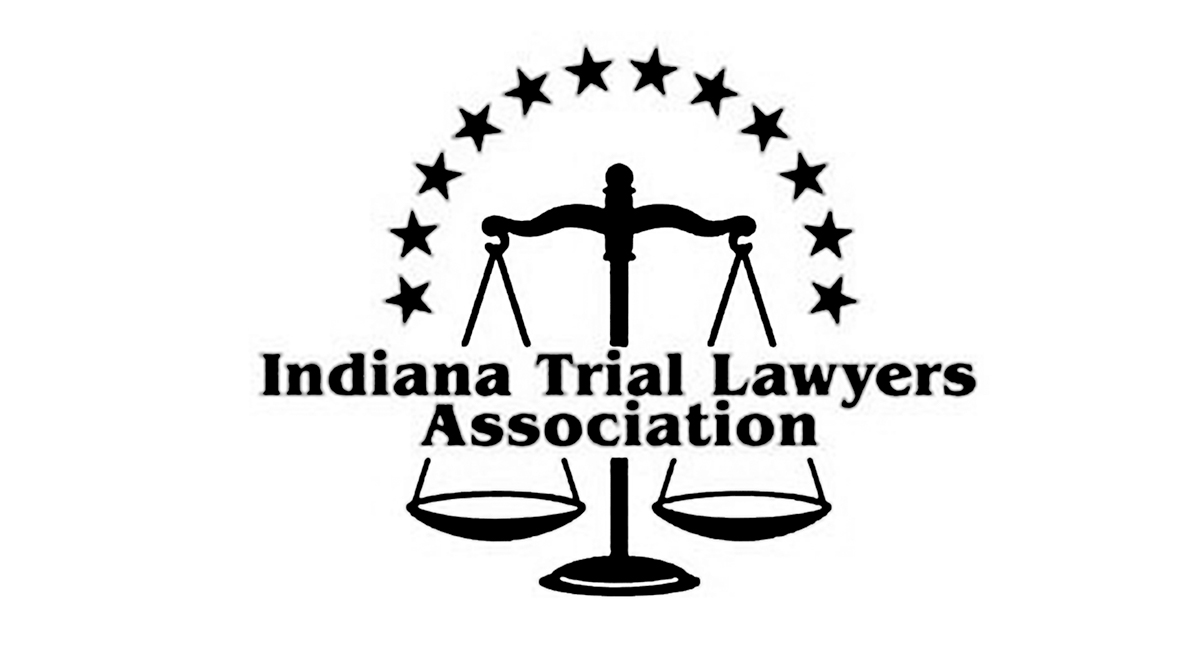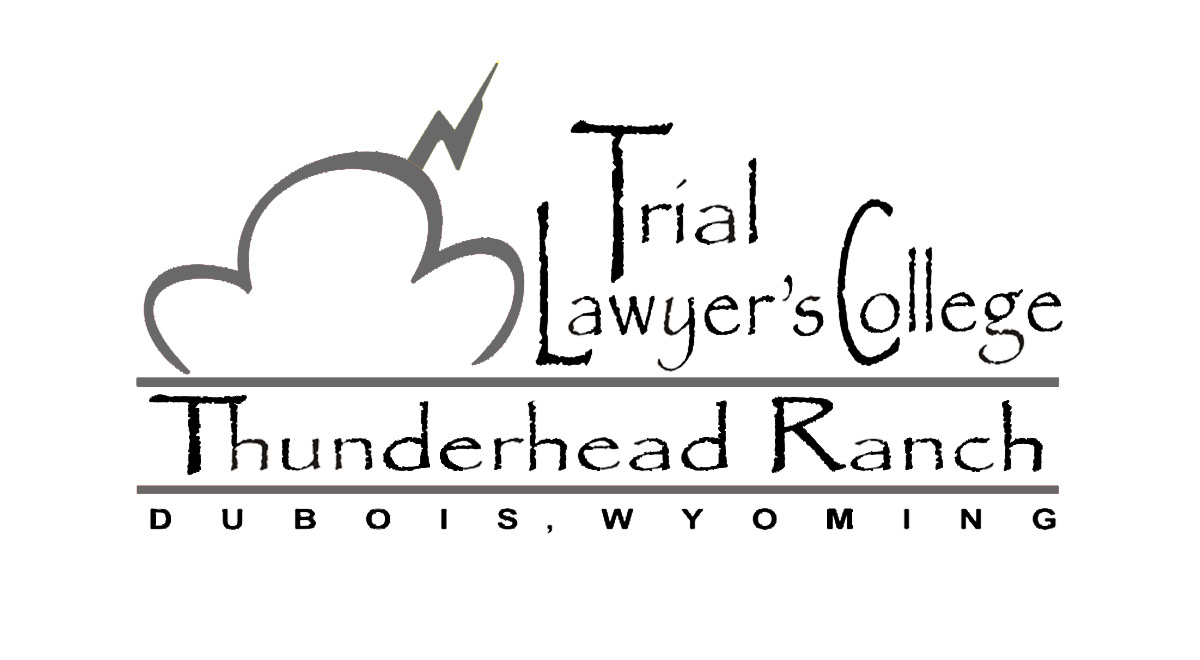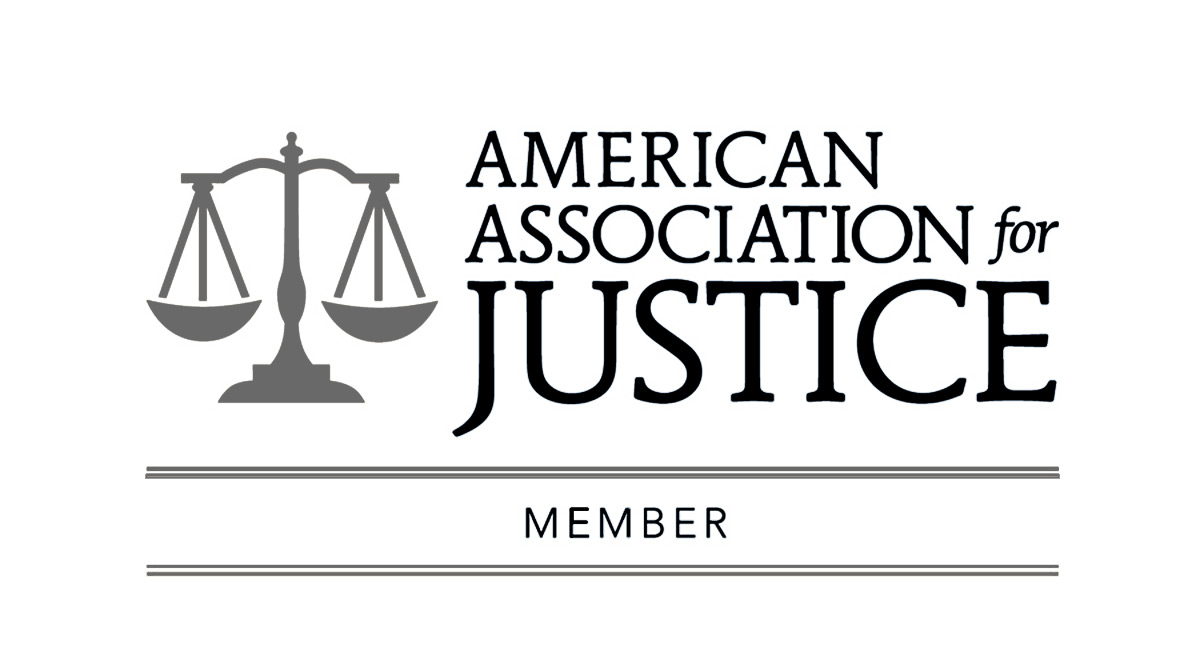September 22, 2023
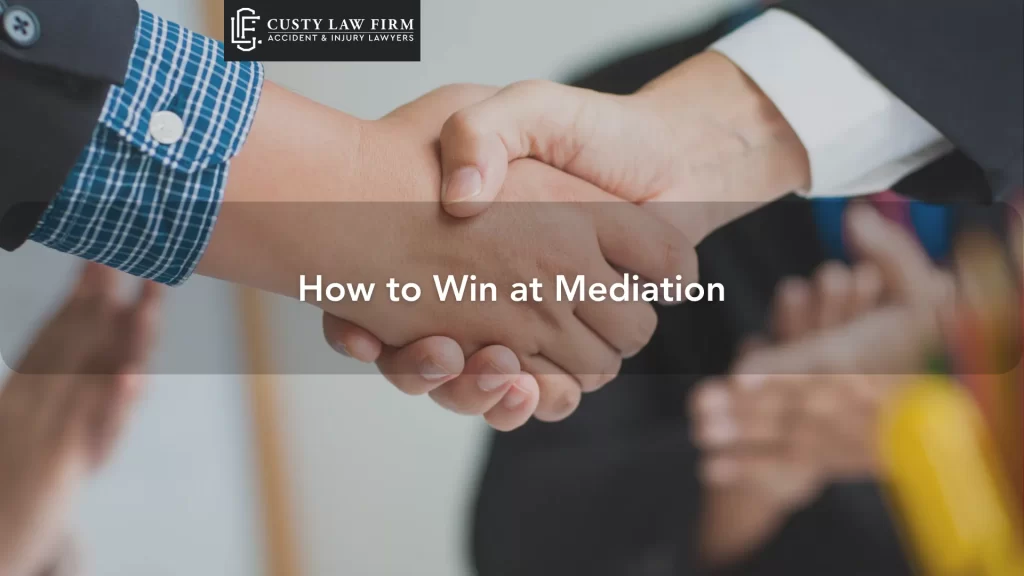
Mediation is a form of alternate dispute resolution. Mediation can consist of settlement negotiations facilitated by a neutral third party between an accident victim and the person responsible for the accident. In Indiana, a mediator must be a lawyer and could be an attorney with a personal injury background.
You may have heard your lawyer discuss mediation if you’re pursuing a personal injury case. Maybe a judge has ordered you to engage in mediation. Whatever situation you’re in, there’s a good chance you’re wondering how to win. Winning in mediation may not appear as a clear black-and-white victory.
The Mediation Process Explained
So, what does mediation look like? Well, it’s directed by the mediator. Both parties must agree on the mediator and then determine a date and time for the mediation to occur. Usually, lawyers for both parties in a personal injury case are present at mediation. This is good for you because your attorney will represent you, listen to everything said, answer your questions, and make sure that any compromise reached meets your needs.
Before the mediation begins, both parties must sign a confidentiality agreement. This agreement acknowledges that nothing said in mediation can be used in court. The goal of mediation is to come to a settlement agreement that is mutually acceptable and that both sides can live with.
You may find that the more informal nature of mediation makes it easier to compromise with the at-fault party. Your Indiana personal injury attorney can help you remain focused on the goal – settling the case. The role of the mediator is also to help the parties find an outcome amenable to both.
Key Strategies to “Win” at Mediation
If you reach a settlement in mediation, that usually means you don’t get everything you want. You can improve your chances of getting a settlement that covers your needs with some key mediation strategies for success.
Thorough preparation is essential. You may be requesting full coverage of all the medical care you need after the accident and future medical needs. To support this, you’ll need evidence. This can include your medical records from right after the accident, showing that the incident caused your injuries. You may also present a statement from your doctor detailing the future care you need, such as an in-home health aide or physical therapy.
Your attorney may bring other evidence to the mediation session like statements about the value of your damaged property or documentation from your employer about the time you missed from work and how much you would have earned had you have been able to work.
Going to mediation isn’t the same as presenting your case before a jury. In court, you want to establish that the defendant was negligent and that you should be compensated because you suffered an injury due to their negligence. In mediation, although you may be required to prove the other party was negligent if that issue is in dispute, your evidence will largely be required to support your claim for the amount of compensation you’ve demanded.
Face-to-face mediation may also motivate the at-fault party to settle. If you’ve been harmed because of the negligent actions of a big business or government entity, then you may have never personally met the defendant before mediation. If its representative looks you in the eye and sees the harm they caused, they could be more willing to settle.
Don’t forget to take advantage of the skills and experience of the mediator. While they cannot rule on any matters, they can provide valuable insight into the case. For example, you may ask their opinion, and they can give it. They can also help ensure that your voice is heard. Even if you’re going up against a multinational company or a hospital, the mediator can help bridge the gaps between the parties and facilitate amicable discussions.
The Importance of Timing in Mediation
Timing is everything in mediation. Mediation can take place at any time. You could enter mediation before a lawsuit is filed or in response to an order from the judge after your lawsuit has been filed. Your mediation may have a better outcome if it occurs closer to the trial date.
Evidence uncovered in the discovery phase of the trial may make the at-fault party more likely to settle. As the trial date goes closer and their culpability looks more likely, they could be more motivated to settle rather than take the chances of getting a worse outcome in a jury trial.
Effective Communication: Making a Strong Opening Statement
Most mediation sessions start with each side making an opening statement. The injured party often goes first. In this statement, you can present key evidence and build a strong argument for your position. It also sets the tone for what will follow. The other side may match your tone if your opening statement is conciliatory. They, too, could lower their guard and be willing to agree to a reasonable settlement.
Navigating the Mediation Session
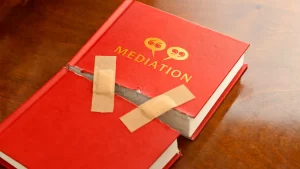 Your Indiana personal injury lawyer is a valuable resource in mediation. They may understand the art of “stacking the deck” and which strategies to deploy when. Most personal injury attorneys have training in negotiations. In addition, they will keep a cool head and focus on your goals. They’ll understand when to push forward and when to hold back information to be used later.
Your Indiana personal injury lawyer is a valuable resource in mediation. They may understand the art of “stacking the deck” and which strategies to deploy when. Most personal injury attorneys have training in negotiations. In addition, they will keep a cool head and focus on your goals. They’ll understand when to push forward and when to hold back information to be used later.
Part of being successful in mediation and negotiation is being flexible. Mediation allows creative problem-solving, and you have more control than you would at trial. Adaptability and open-mindedness are assets in mediation.
The True Meaning of “Winning” at Mediation
Mediation is about finding a compromise you can live with. Sometimes, winning at mediation may mean finding peace of mind, even if you don’t get every dollar you initially demanded. It’s rare for either party to get everything they want from mediation.
Mediation is often about reaching a just and fair resolution. When you work with a seasoned personal injury attorney, one familiar with the mediation process, they can help you identify realistic expectations for the outcome of mediation.
We can help if you’re seeking redress for an injury through a personal injury claim in Indiana. Contact Custy Law Firm | Accident & Injury Lawyers today at (219) 286-7361 for a free consultation about your case.
Related Posts
How to File a Personal Injury Lawsuit in Indiana

